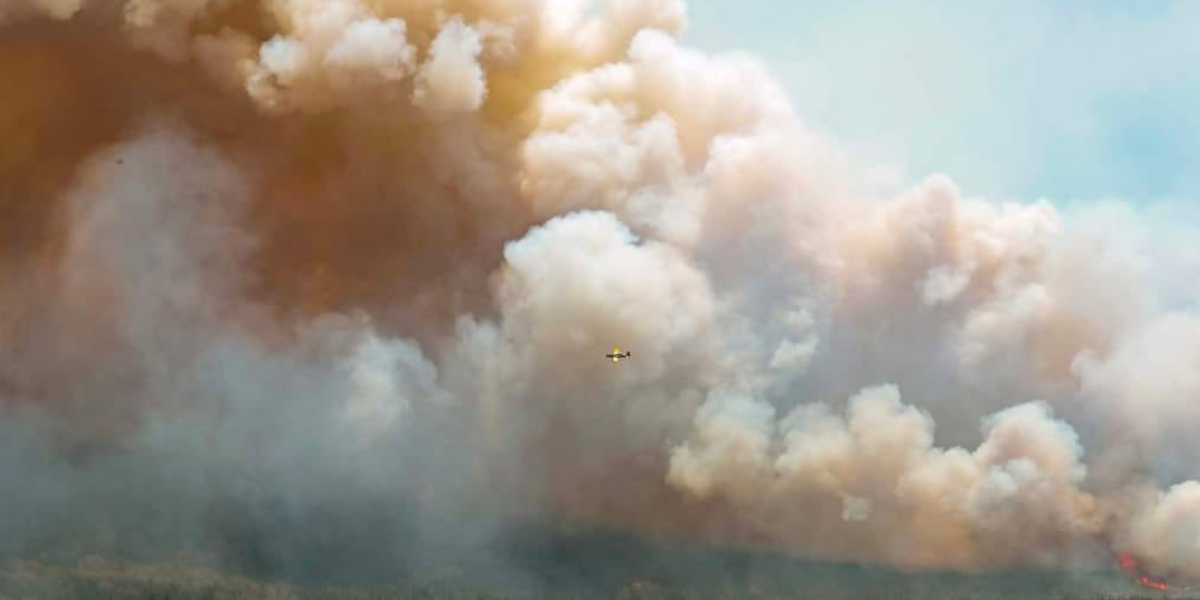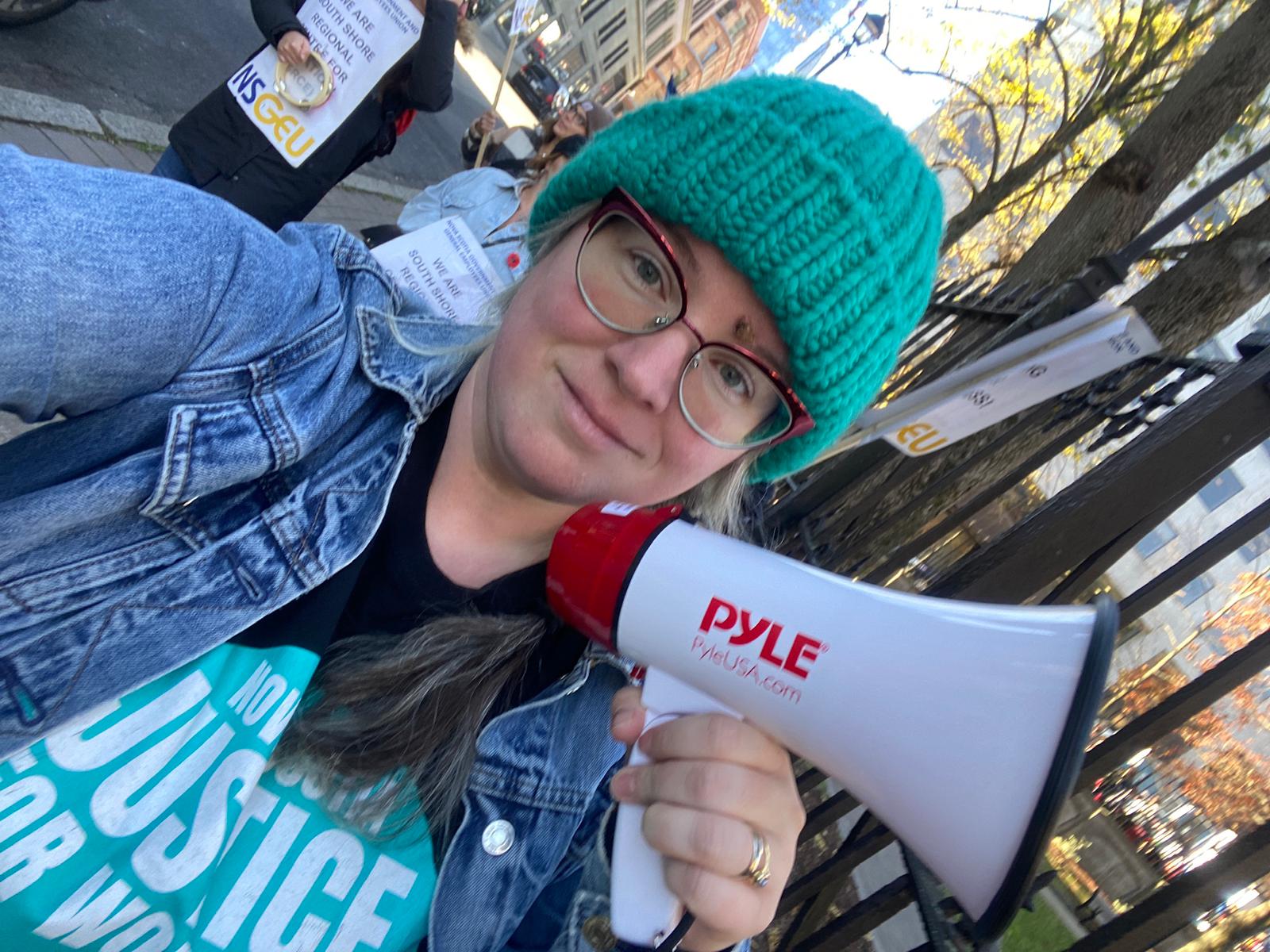Wildfires are burning in several areas of Nova Scotia. A fire near the Halifax-area suburbs of Tantallon, Hammonds Plains, and the historic African Nova Scotian community of Lucasville has resulted in evacuations for 15,000 people. Covering more than 17,000 hectares, the wildfire in the Southwest region of Nova Scotia is the largest fire in Nova Scotia’s history.
The huge fires in the Southwest of the province were, for a while, limited to primarily forested areas, but by Wednesday had reached the municipality of Shelburne and areas where fishing boats are docked.
Fires impact housing, child care, education and health care
These fires are going to compound many other crises in Nova Scotia.
The fires have destroyed several dozen homes. In the Halifax area, over 150 homes are gone. Renters who lost their homes will need help finding new homes in a context where there is no other housing. Homeowners will need temporary housing for many months, further exacerbating the housing crisis.
The Tantallon fire has destroyed two childcare centres, impacting dozens of families in an environment where parents are already desperate for childcare spaces.
A third of striking Halifax education workers, members of CUPE 5047, have been evacuated from their homes or remain on evacuation notice–ready to evacuate with only a 30-minute warning. All while still fighting the Conservative government for a fair deal.
Nursing home residents in the Tantallon and Shelburne areas have been evacuated, a strain on an already stretched long-term care system.
Hospital patients in the Shelburne area were also evacuated. And in a health care system that is already pushed to the brink, residents in the area will have to travel to Queens, Yarmouth, or Lunenburg to access emergency health care while their local hospital is closed.
Impact on the fishery, seasonal workers, and migrant workers
There are concerns about the impact of the fires on the lobster fishery, a main source of income for many people in the Southwest. Many fishers who fish out of the region are also volunteer firefighters fighting the fire in their community. The evacuation area also includes lobster pounds, threatening even more of the catch.
There is talk about extending the season for fishers and processing workers to catch up, though that’s only helpful if the fire has spared the boats and infrastructure.
It will almost definitely hurt seasonal workers’ ability to access EI once the season is finished, an issue that many are already struggling with in seasons not impacted by fires.
While there has not been much attention paid so far to the impact on migrant workers in the fishery and agriculture in the area, these workers also expect to face significant hardship.
Climate change at the root of the fires
Wildfires of this size, severity and frequency are unprecedented in Nova Scotia. Still, as climate change continues to wreak havoc on our communities, we can expect this to become the new norm.
The increase in extreme weather events has created dangerous conditions. A large number of trees were knocked down all over Nova Scotia from Hurricane Fiona, fueling wildfires. This is paired with a dry winter and spring, including the driest April on record. Nova Scotia has had more wildfires this year than last year, and the calendar has only turned to June.
Climate change continues to be driven by corporations and governments unwilling to take decisive action. But when natural disasters devastate our communities, workers and our families usually pay the price.
Nova Scotia’s wildfires highlight the importance of public services. Our public fire departments, equipment, first responders and infrastructure are battling the fires and supporting those impacted, not billionaire bosses. And these fires also show the capacity of communities to work together in solidarity. The response would be impossible without volunteers fighting fires, making food for people, opening their homes to people who have been displaced, and so many more acts of solidarity.
Let’s build on that solidarity and demand a system where workers aren’t forced to pay for the destruction caused by corporate greed.
Did you like this article? Help us produce more like it by donating $1, $2, or $5. Donate



